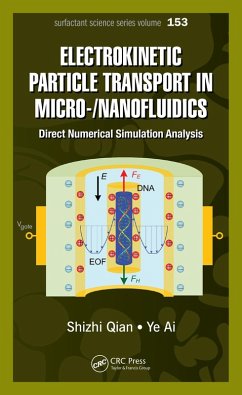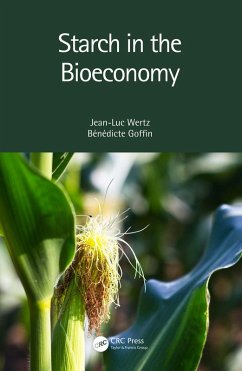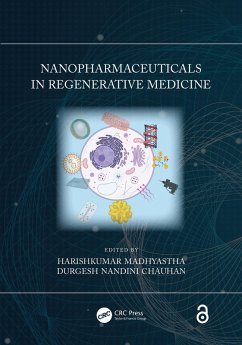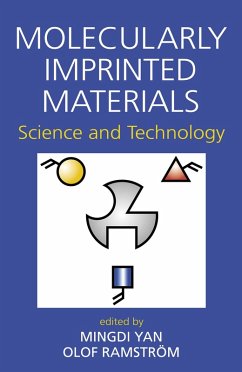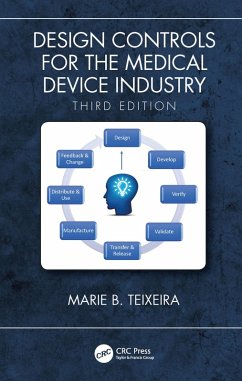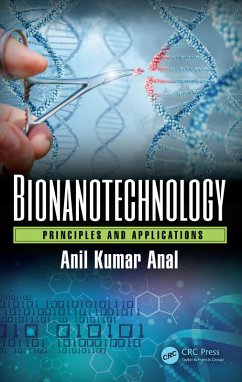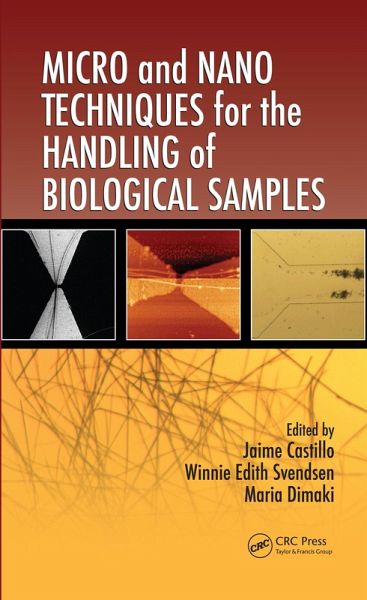
Micro and Nano Techniques for the Handling of Biological Samples (eBook, PDF)
Versandkostenfrei!
Sofort per Download lieferbar
61,95 €
inkl. MwSt.

PAYBACK Punkte
31 °P sammeln!
Several micro- and nanomanipulation techniques have emerged in recent decades thanks to advances in micro- and nanofabrication. For instance, the atomic force microscope (AFM) uses a nano-sized tip to image, push, pull, cut, and indent biological material in air, liquid, or vacuum. Using micro- and nanofabrication techniques, scientists can make ma
Dieser Download kann aus rechtlichen Gründen nur mit Rechnungsadresse in A, B, BG, CY, CZ, D, DK, EW, E, FIN, F, GR, HR, H, IRL, I, LT, L, LR, M, NL, PL, P, R, S, SLO, SK ausgeliefert werden.





